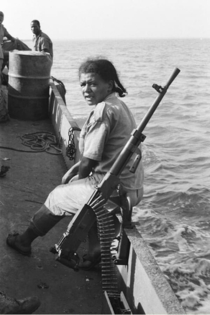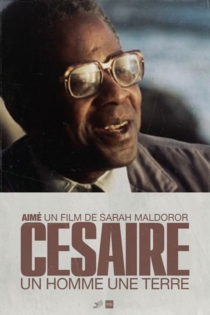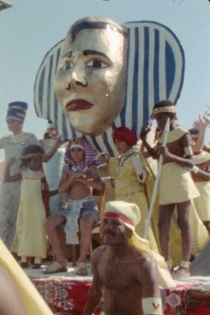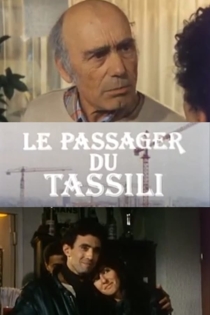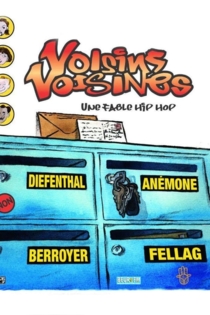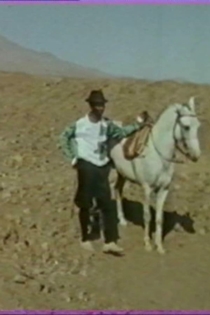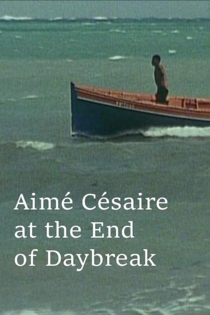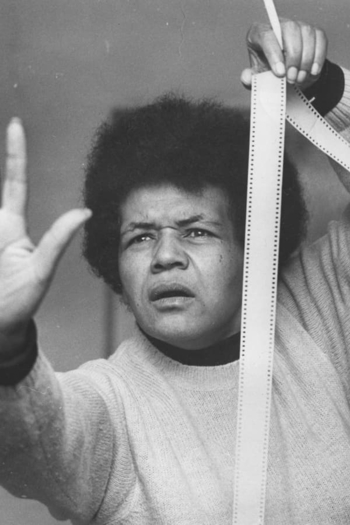
Sarah Maldoror
1929 - 2020Léon G. Damas
Sarah Maldoror
Léopold Sédar Senghor, Aimé Césaire
Léon G. Damas (1912–1978) was the first poet to “live Négritude”, according to the Senegalese poet, politician and cultural theorist Léopold Sédar Senghor. Cosmopolitan and always in transit, his writing is a chorus of melodies and imagery imbued with angst and melancholy and strongly influenced by jazz and blues. Punctuated by images of the landscapes of French Guiana and the voice of the artist, the film exemplifies the poetic documentary form to which Maldoror frequently returned.
Léon G. Damas
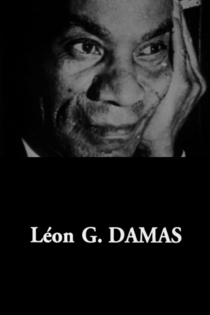
Miró, peintre
Sarah Maldoror
Short piece for the TV series Aujourd'hui en France [Today in France]. The review of an exhibition by Miró at the Maeght Foundation offers the opportunity to approach the surrealist artist from the filmmaker's central themes: the theatre, the interrelationship between the arts and the transformation of the childhood experience through art. The ensemble is like a work by Joan Miró translated into real life. This is its first screening after its television premiere in 1980. Translated with www.DeepL.com/Translator (free version)
Miró, The Painter
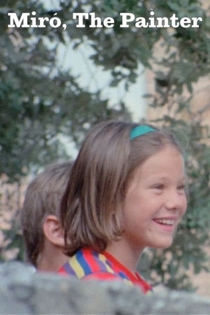
Sambizanga
Sarah Maldoror
Domingos de Oliveira, Elisa Andrade
Domingos is a member of an African liberation movement, arrested by the Portuguese secret police, after bloody events in Angola. His wife goes from a prison station to another, trying in vain to find out where he is.
Sambizanga
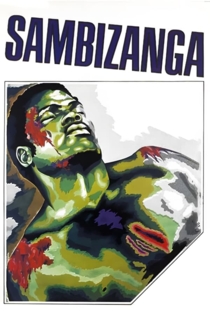
Sisters of the Screen - African Women in the Cinema
Beti Ellerson
Safi Faye, Sarah Maldoror
Exploring the extraordinary contributions of women filmmakers from Africa and the diaspora, Beti Ellerson’s engaging debut intersperses interviews with such acclaimed women directors as Safi Faye, Sarah Maldoror, Anne Mungai, Fanta Régina Nacro and Ngozi Onwurah with footage from their seminal work. With power and nuance, Ellerson also confronts the thorny question of cultural authenticity by revisiting the legendary 1991 FESPACO (Pan-African Festival of Cinema and Television of Ouagadougou), in which diasporian women were asked to leave a meeting intended for African woman only. This film is both a valuable anthology and a fitting homage to the pioneers and new talents of African cinema.
Sisters of the Screen - African Women in the Cinema
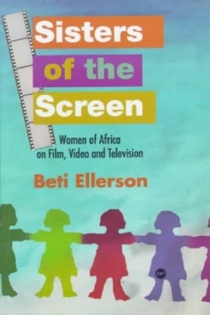
Dessert for Constance
Sarah Maldoror
Sidiki Bakaba, Cheik Doukouré
Bokolo and Mamadou, sweepers in the city of Paris, are looking for a way to pay for the return home of one of their sick comrades. When they find an old book of recipes in the trash, they discover a passion for French cuisine and decide to participate in a televised cooking competition.
Dessert for Constance
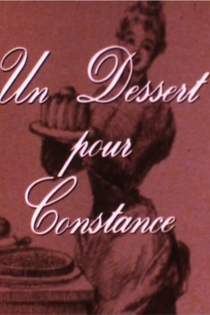
Monangambeee
Sarah Maldoror
Mohamed Zinet, Carlos Pestana
“Monangambeee” was a rallying cry used by activists during Angola’s anti-colonial liberation struggle to gather villages together. The film of the same title addresses Portuguese arrogance towards Angolan culture. Sarah Maldoror draws on a novella by José Luandino Vieira, the story of a political prisoner, to make a film about humiliation, solidarity and resistance.
Monangambeee
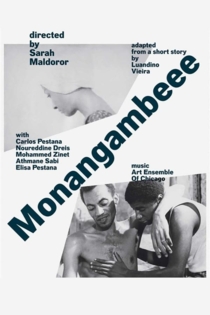
Et les chiens se taisaient
Sarah Maldoror
Gabriel Glissant, Sarah Maldoror
For 'Et les chiens se taisaient' Maldoror adapted a piece of theatre by the poet and politician Aimé Césaire (1913–2008), about a rebel who becomes profoundly aware of his otherness when condemned to death. His existential dialogue with his mother reverberates around the African sculptures on display at the Musée de l'Homme, a Parisian museum full of colonial plunder whose director was the Surrealist anthropologist Michel Leiris.
And the Dogs Were Silent
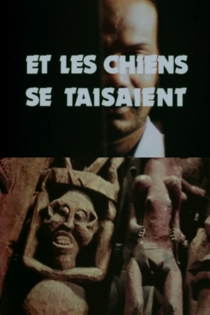
Aimé Césaire, le masque des mots
Sarah Maldoror
Aimé Césaire, Léopold Sédar Senghor
Aimé Césaire - Le Masque des mots is a portrait of the Martinican writer who calls himself a rebellious negro and for whom the poetic act represents an act of freedom.
Aimé Césaire: The Mask of Words
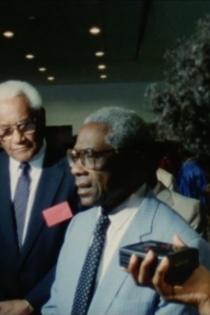
Des fusils pour Banta
Sarah Maldoror
Guns for Banta is the first feature-length film by Sarah Maldoror. Shot in Guinea-Bissau, Guns for Banta follows the life and untimely death of Awa, a countrywoman involved in the African Party for the Independence of Guinea and Cape Verde (PAIGC).
Guns for Banta
